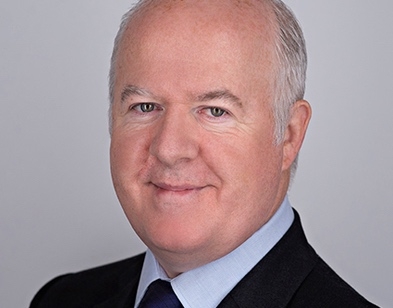After the excitement of the past week, with politicians throwing themselves on the funeral pyre of insanity, it’s time to turn to more mundane, but important, matters. Yes, I’m talking about Inheritance Tax, or IHT as the professionals call it.
There are signs that many professional advisers are beginning to get a bit concerned about IHT and rightly so.
I always get concerned myself when I read about Treasury windfalls and surging tax receipts. Something is not right.
The people not getting too concerned are at the Treasury which is enjoying the extra cash thank you very much.
The reason is that IHT, in reality a death tax, has been rising very rapidly in the last few years and is set to rise even faster.
A quick look at the figures: In H2 21/22 IHT brought in £2.9bn. This year in the same period it brought in £3.5bn. For the next 12 months it could bring in £6.9bn for the government.
It is, arguably, one of the fastest rising taxes and the decision by the government to freeze thresholds until 2026 means many more estates will dragged into the net.
So should we be concerned? The answer to this is a resounding yes.
IHT is catching more people unexpectedly each year. A big factor is property wealth. As property prices have soared receipts have risen rapidly. In London, where a bog standard terrace house in a reasonable area can easily fetch £1m or more, it’s easy to see how estates are growing rapidly and many families, on no more than average means, are being caught out.
It’s worth remembering too that IHT is a punitive 40% above the £325,000 threshold. Of course there are some exemptions, such as passing on an estate to a spouse and the nil rate band, but using these may not always possible.
Of course a lot of people will say ‘so what’?. After all while the families are affected, the dead themselves do not complain. What’s the fuss?
This seems like a logical point of view but no tax that is unfairly applied will stay acceptable for long. It is just not fair to expect families in London and the south east, and the more expensive property areas elsewhere, to pay out large sums in tax on the death of family member.
Most of the money in estates has already been taxed, for one thing. People buying their home have used their taxed income in most cases to buy it. Because they saved and invested in bricks and mortar should they have to pay tax all over again on the same money?
And what of the families with fairly modest wealth who expected an inheritance to come their way, as their parents, grandparents or or loved ones wanted, but find the Chancellor taking a big chunk out of what they anticipated.
At present the number affected is fairly modest so the furore is modest but the issue could grow to affect millions in years to come when the Treasury may well be relying more on the money. The time to reform IHT is now with caps and limits on how much the Treasury can take and a sensible review of what is fair and what is not fair.
Those able to access professional advice can probably avoid the worst pain but it’s simply not right to load the pain on others unable to pay for advice who will face IHT pain.
• If you are not already registered for Financial Planning Today website take a minute now to register. Just click on a couple of stories and you’ll see the registration pop up. Registering is free and gives you access to more stories. Subscription upgrades also provide more access and our regular magazine.

